Calendar Year Vs Tax Year
Calendar Year Vs Tax Year - Web a tax year is an annual accounting period for keeping records and reporting income and expenses. Web an existing s corporation may change its tax year to (1) a calendar year; Web share on bizsugar. Web what is the difference between a fiscal year and calendar year? The calendar year is the most. Web calendar tax year: An individual can adopt a fiscal year. Every taxpayer (individuals, business entities, etc.) must figure taxable income for an annual accounting period called a tax year. When a businesses' tax year aligns with that of the business owner, it makes it easier to report. What is a fiscal year? Web calendar tax year: The calendar year is the most. Web what is the difference between a fiscal year and calendar year? A fiscal year is the 12 months that a company designates as a year for financial and tax reporting purposes. Web a tax year may be either a calendar year, which is a period of 12 consecutive months. Web what is the difference between a fiscal year and calendar year? This is a period of 12 consecutive months beginning january 1 and ending december 31; The calendar year is the most. Individuals usually must file income taxes. This is a period of 12. It is common for organizations to use a calendar year, as opposed to a fiscal year, as the tax year calendar for their company. When a businesses' tax year aligns with that of the business owner, it makes it easier to report. Web a tax year is an annual accounting period for keeping records and reporting income and expenses. Web. Every taxpayer (individuals, business entities, etc.) must figure taxable income for an annual accounting period called a tax year. (3) a year that coincides with the tax year used by shareholders. A tax year can be a calendar. Web calendar tax year: This is a period of 12 consecutive months beginning january 1 and ending december 31; 31, or a fiscal year, which is either a period of 12 consecutive months. (3) a year that coincides with the tax year used by shareholders. For example, taxes withheld or owed for earnings during the calendar year 2023 would be included on the tax return sent to. In the u.s., the tax year for individuals runs from jan. An. However, if you use a fiscal year, the due date is the 15th day of the third. Web calendar year is the period from january 1st to december 31st. The internal revenue service (irs) defines a fiscal year as 12 consecutive months ending on the. The choice is made easy but its. This is a period of 12. Web businesses can often choose between using a calendar tax year or a fiscal tax year, depending on their circumstances. The calendar year is the most. Individuals usually must file income taxes. The year on a physical calendar is a calendar year. Web since unincorporated small businesses run on a tax year based on the calendar year, the tax filing. Web calendar years coincide with an individual's tax filing deadlines. Web share on bizsugar. Web if the tax year is a calendar year, as it most often is, then the return is due on april 15, a date we are all familiar with (for corporations, the deadline is the 15 th day of the third. Web an existing s corporation. Web a tax year is an annual accounting period for keeping records and reporting income and expenses. 31 and includes taxes owed on earnings during that period. A tax year can be a calendar. The choice is made easy but its. For tax, accounting, and even budgeting purposes, it’s important to know the difference between a fiscal year vs calendar. The internal revenue service (irs) defines a fiscal year as 12 consecutive months ending on the. In the u.s., the tax year for individuals runs from jan. Web fiscal tax year. The year on a physical calendar is a calendar year. Generally, taxpayers filing a version of form 1040 use the calendar year. This is a period of 12 consecutive months beginning january 1 and ending december 31; In the u.s., the tax year for individuals runs from jan. Web calendar years coincide with an individual's tax filing deadlines. A fiscal year is the 12 months that a company designates as a year for financial and tax reporting purposes. 31, or a fiscal year, which is either a period of 12 consecutive months. Web a tax year may be either a calendar year, which is a period of 12 consecutive months ending on dec. For tax, accounting, and even budgeting purposes, it’s important to know the difference between a fiscal year vs calendar year. Web what is the difference between a fiscal year and calendar year? An annual accounting period does not include a short. Web share on bizsugar. Individuals usually must file income taxes. Web an existing s corporation may change its tax year to (1) a calendar year; The calendar year is the most. However, if you use a fiscal year, the due date is the 15th day of the third. Web since unincorporated small businesses run on a tax year based on the calendar year, the tax filing deadline is a set date. Generally, taxpayers filing a version of form 1040 use the calendar year.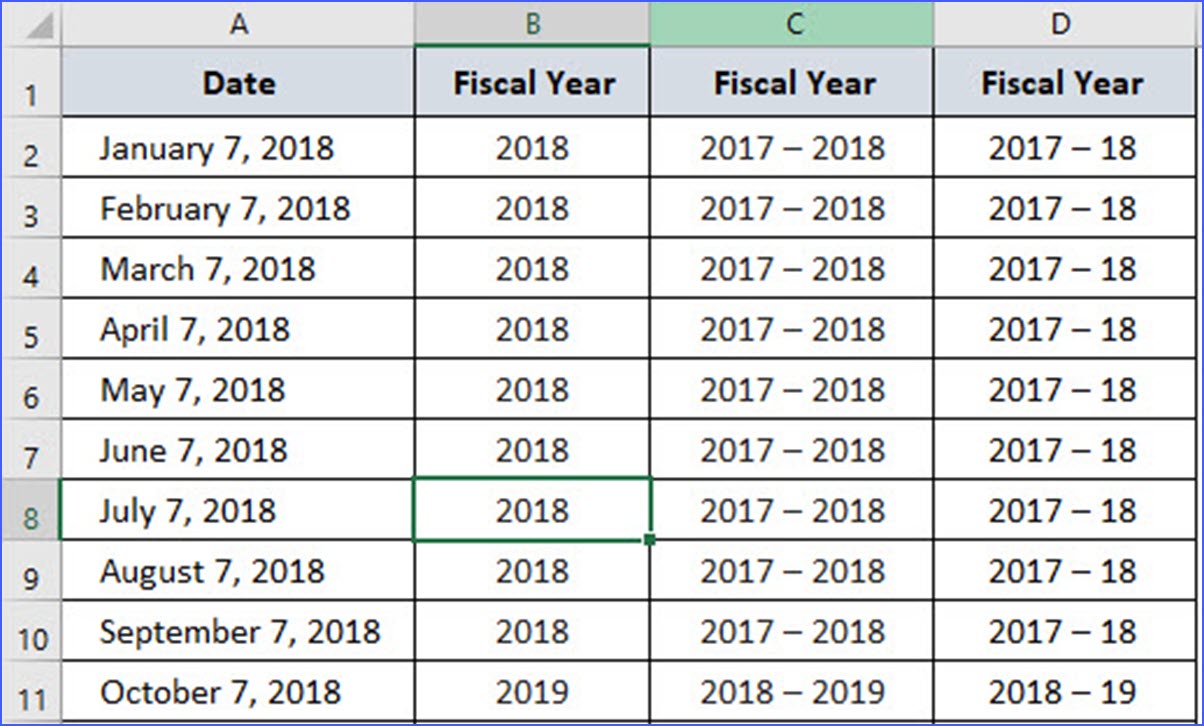
How to Convert a Date into Fiscal Year ExcelNotes
:max_bytes(150000):strip_icc()/FY-887c7c1cad1c47f38bd91db6e080b68e.jpg)
Fiscal Year What It Is and Advantages Over Calendar Year

The Difference Between Calendar Year and Fiscal Year for Business Taxes

Fiscal Year VS Calendar Year for Business Taxes

Tax rates for the 2024 year of assessment Just One Lap
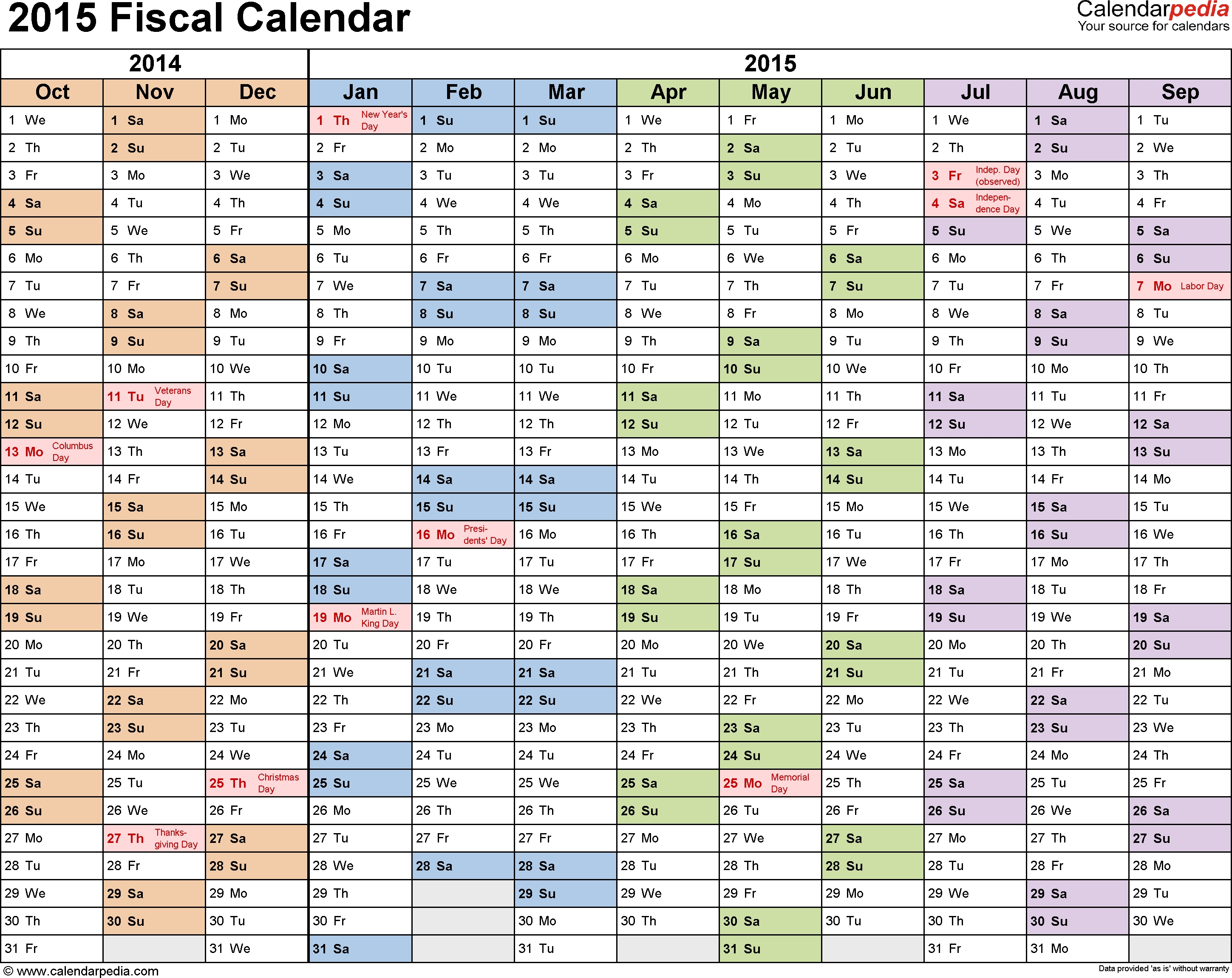
Calendar Year Vs Fiscal Year
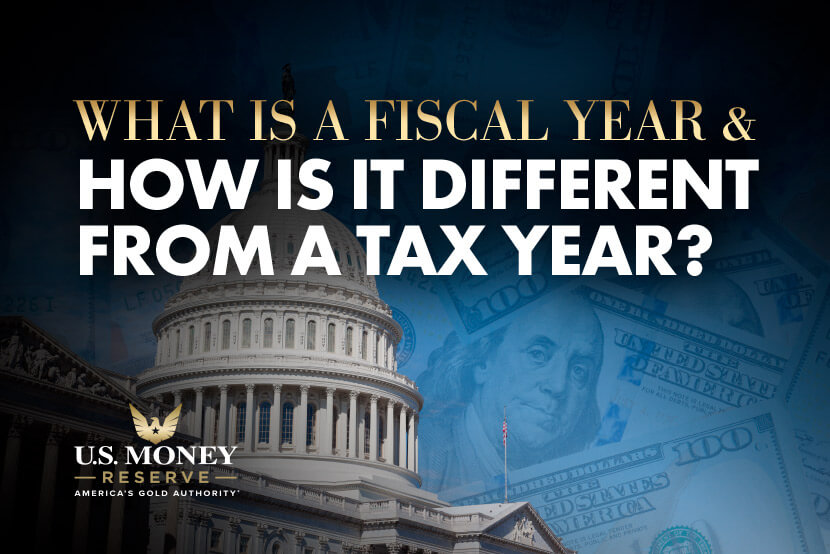
What Is a Fiscal Year & How Is it Different From a Tax Year?
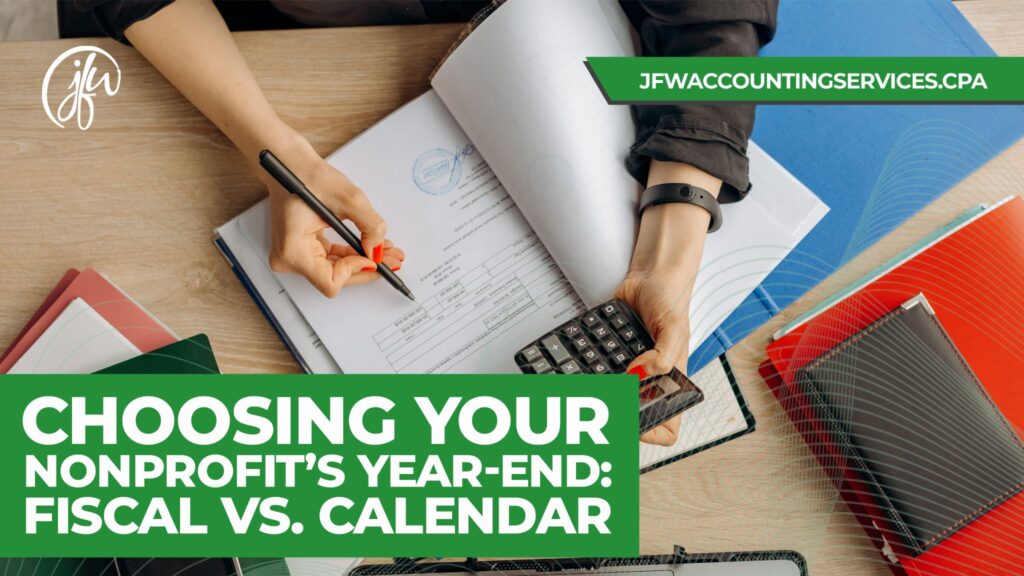
Fiscal Year vs Calendar Year What's The Difference?

Calendar Year Vs Tax Year 2024 Calendar 2024 Ireland Printable
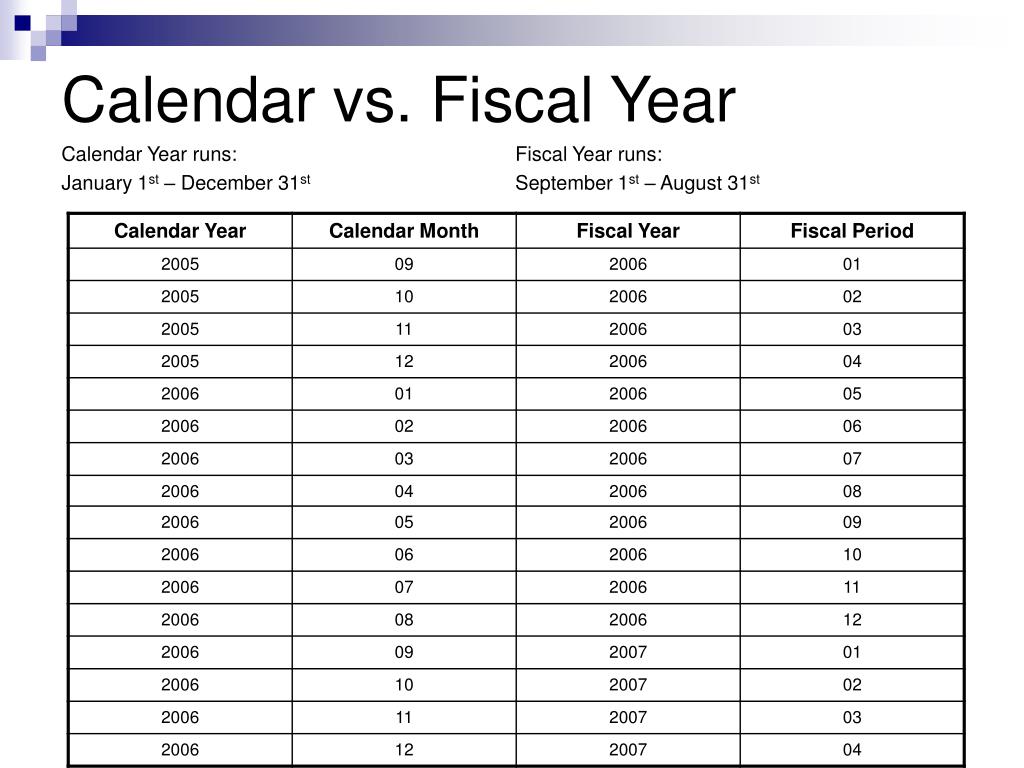
PPT Basic Accounting Concepts PowerPoint Presentation, free download
The Internal Revenue Service (Irs) Defines A Fiscal Year As 12 Consecutive Months Ending On The.
What Is A Fiscal Year?
An Individual Can Adopt A Fiscal Year.
For Example, Taxes Withheld Or Owed For Earnings During The Calendar Year 2023 Would Be Included On The Tax Return Sent To.
Related Post: